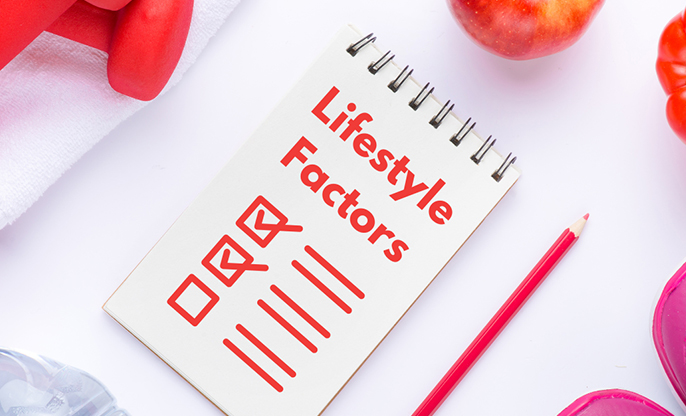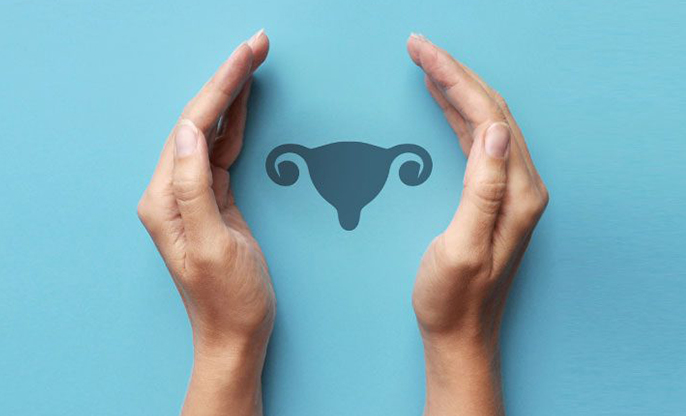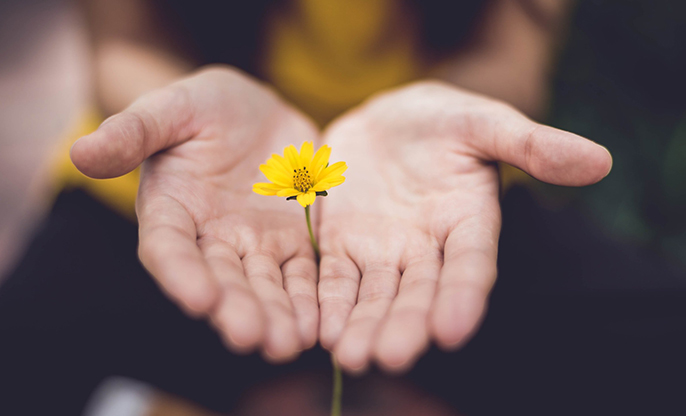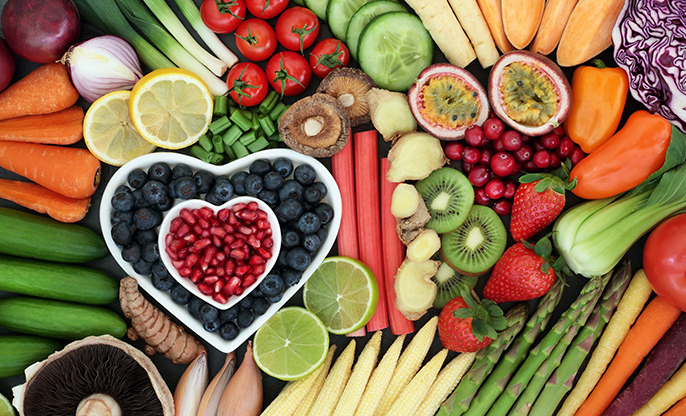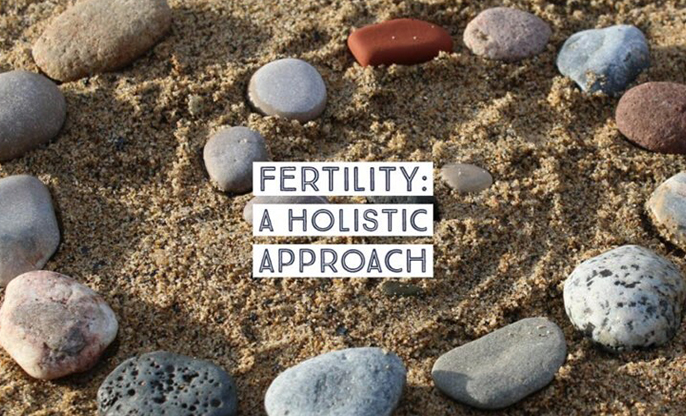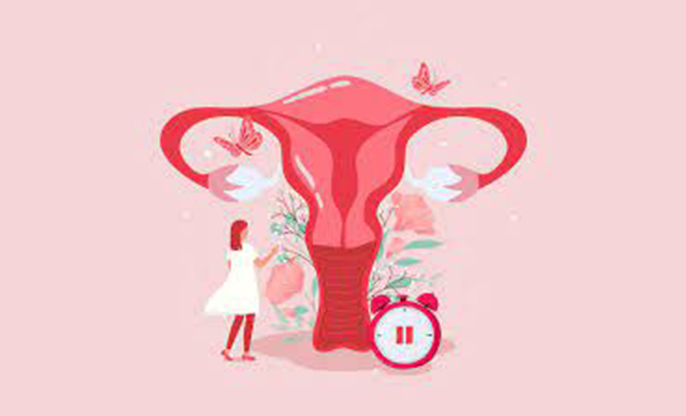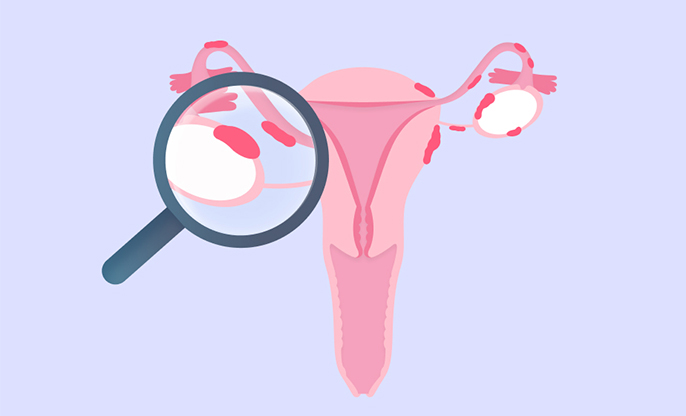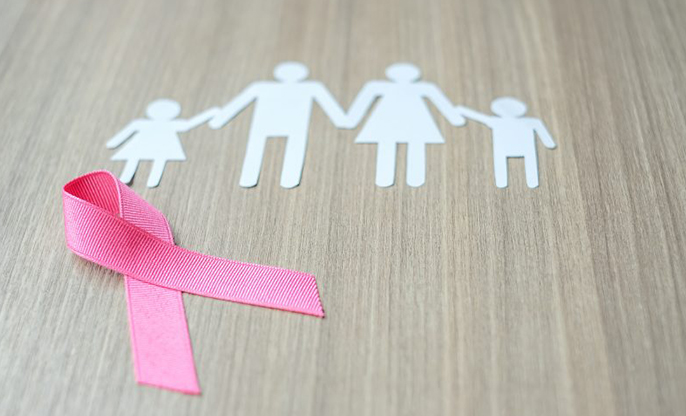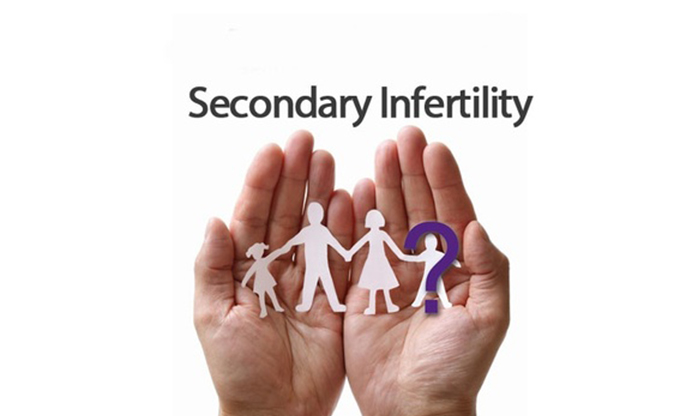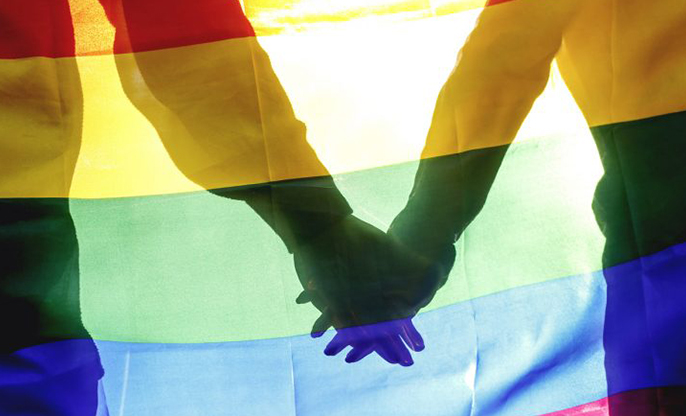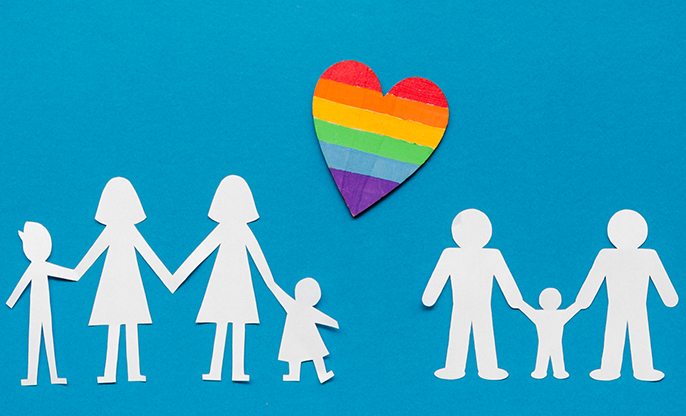
LGBTQ+ Family Planning: Navigating Fertility Options
Family planning for LGBTQ+ individuals and couples involves unique challenges and considerations, particularly when it comes to fertility options. In this comprehensive guide, we'll explore the various fertility options available to you, empowering you to make informed decisions on your path to parenthood.
1. Donor Insemination (DI)
Donor
insemination involves using donor sperm to fertilize an egg, either through
intrauterine insemination (IUI) or in vitro fertilization (IVF). LGBTQ+
individuals or couples who require donor sperm can choose from sperm banks or
known donors. This option is commonly chosen by lesbian couples or single
individuals looking to conceive.
2. Surrogacy
Surrogacy
allows LGBTQ+ individuals or couples to have a biological child with the help
of a surrogate mother who carries the pregnancy to term. There are two types of
surrogacy: traditional surrogacy, where the surrogate's own egg is fertilized,
and gestational surrogacy, where the surrogate carries an embryo created using
donor eggs or one partner's eggs and donor sperm.
3. Adoption
Adoption
is a common choice for LGBTQ+ individuals or couples who wish to expand their
family. Adoption laws vary by country and jurisdiction, and LGBTQ+ individuals
may face legal barriers and discrimination when pursuing adoption. However,
many adoption agencies and organizations are LGBTQ+-friendly and support
same-sex adoption.
4. Fertility Preservation
For
transgender individuals undergoing hormone therapy or gender-affirming
surgeries, fertility preservation allows them to preserve their reproductive
options for the future. This may involve freezing sperm or eggs before starting
hormone therapy or undergoing surgery.
5. Co-Parenting and Co-parenting
Agreements
Some LGBTQ+ individuals or couples choose to co-parent with a friend, family member, or acquaintance, entering into co-parenting agreements to define their roles and responsibilities as parents. Co-parenting arrangements involve sharing parental duties with another individual or couple, often outside of a romantic relationship.
Indian Statistics
In India, LGBTQ+ individuals face unique challenges in accessing fertility options due to legal and societal barriers. According to a survey conducted by the National Human Rights Commission (NHRC), LGBTQ+ individuals often encounter discrimination and lack of legal recognition, making it difficult to pursue family planning options such as surrogacy and adoption. However, organizations like the National Centre for Lesbian Rights (NCLR) and The Humsafar Trust provide legal support and resources for LGBTQ+ individuals and couples navigating family planning in India.
Conclusion
Navigating fertility options as an LGBTQ+ individual or couple can be complex, but with the right information and support, it's possible to build the family of your dreams. By exploring these options and seeking guidance from LGBTQ+-friendly healthcare providers and support organizations, individuals and couples can take proactive steps towards realizing their family planning goals.


